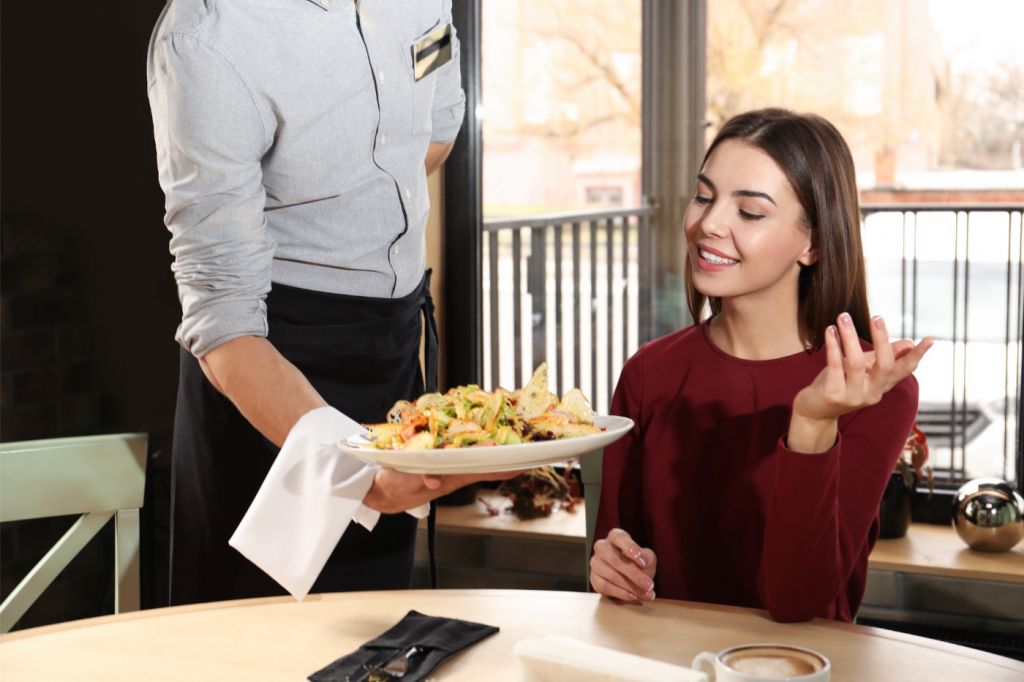When dining out, deciding how much to tip your waitress can sometimes be a puzzle. This article explains standard tipping for waitstaff. It gives tips on how much to tip based on bill size and service.
To calculate a tip for a waitress, use 15-20% of the pre-tax bill amount. For a $100 bill, the tip would be $15-$20. Some tip calculators allow you to input the bill total and select the percentage to calculate the exact tip amount.

When dining out, it’s important to know the appropriate tip amount to leave for your server. This guide provides clear guidelines to help you calculate a fair tip based on various factors.
Typically, a 15% tip is the starting point for standard service at a restaurant. However, it's becoming more common for individuals to leave a 20% tip for good service. Remember, these percentages are based on the pre-tax amount of your bill.
If the server goes above and beyond, you might consider tipping more than the standard percentage. Conversely, if the service is lacking, it's reasonable to tip slightly less. Your tip reflects your appreciation of the service quality.
There is debate on whether to include tax when calculating your tip. The consensus is that you should apply the percentage to the pre-tax bill amount. However, tipping customs can vary by region; some places might have a higher standard percent tip, so it's always best to check local norms.
Tipping calculators simplify the process of determining gratuity for services rendered. They help you quickly figure out the appropriate tip amount without second-guessing the mathematics involved.
By leveraging these digital tools, you can ensure your server is appropriately compensated without the hassle of manual calculations.
Understanding when and how much to tip can enhance your dining and service experiences, ensuring you show appreciation for dedicated service workers appropriately.
Waitstaff: At sit-down restaurants, the typical tipping amount for waiters and waitresses ranges from 15% to 20% of your pre-tax bill, inclined toward the higher end for excellent service. A useful tipping guide suggests 15% for average service and 20% for exceptional service.
Bartenders: It's customary to tip bartenders between $1 to $2 per drink or 15% to 20% of your total tab if you're running one. For cocktail service, lean towards the higher percentage to acknowledge their skill and effort in crafting your drinks.
Concierge and Housekeeping: Specialty service providers in hospitality, such as concierge or housekeeping, generally expect a tip for exceptional service. For concierge assistance, a tip of $5 to $20 is standard, depending on the task's complexity. For housekeeping, $2 to $5 per day is the accepted range, left daily with a note.
Event Staff: At parties or events, tipping rules can vary, but a gratuity of 10% to 15% of the total service cost is a helpful rule of thumb. If gratuity isn't included, consider $20 to $50 for each staff member, distributed at the event’s conclusion.
Understanding regional tipping customs is crucial for ensuring you're expressing gratitude appropriately and respecting local practices when dining out. Here's how tipping for waitstaff can vary by region.
In the U.S. tipping is not just customary; it's a vital component of a server's income due to the lower hourly wages many earn. In states like Idaho, you might tip as much as 17.4%, on average, of your restaurant bill, while in Hawaii, tips are a bit lower, around 14.8%. Most states across the country, however, seem to agree on an average tipping rate of around 16%.
Tipping practices in countries outside the United States can widely vary. For instance, in Canada, tipping is similar to the U.S., and it's common to give around 15-20% for good service. However, heading over to Japan, you'll find the customs quite different; there, tipping is not necessary and can even be considered rude, as excellent service is expected as part of the dining experience. Always check local customs in the region you're visiting to avoid any faux pas.
When you dine out, deciding whether to tip your waitstaff in cash or on a card can impact them more than you might realize. Each method comes with its advantages and drawbacks for both you and the service workers.
Pros:
Cons:
Pros:
Cons: